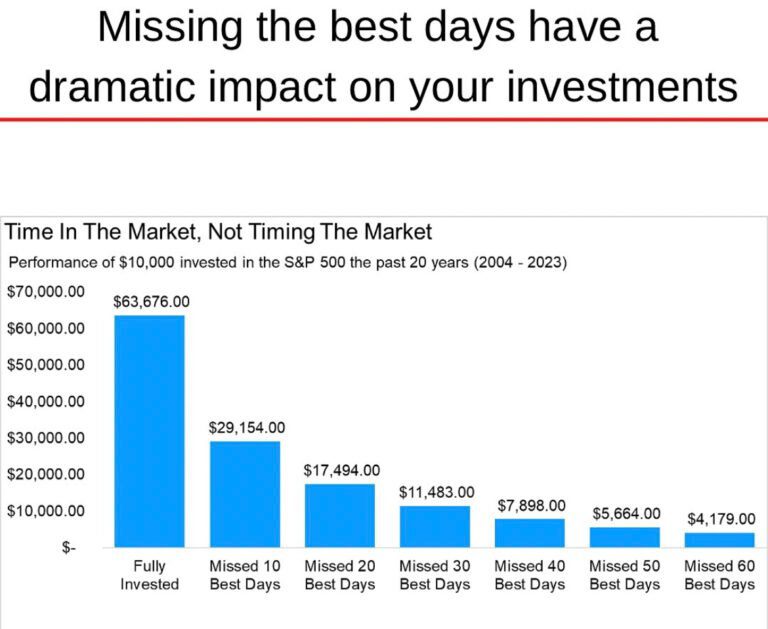Artificial Intelligence (AI) is transforming the way we approach personal finance, creating a future where much of financial management is automated. From tracking expenses to AI-driven investment strategies, automation is enhancing how people budget, invest, and save. By streamlining decision-making and minimizing emotional biases, AI brings a new level of efficiency to personal finance. This article delves into AI’s influence on budgeting, investing, and financial planning, highlights key trends, and discusses how AI is empowering financial advisors.

Sandeep S.Jadwani
ACSI, CIB
Head of Investment Advisory
Habib Investment Limited
DIFC, Dubai
AI for Expense Tracking and Budgeting
AI has introduced smarter ways to track expenses and budget. Tools powered by AI offer real-time recommendations, analyzing spending data to highlight potential savings and offering personalized insights. With these advancements, consumers can make more informed decisions without the stress of manually tracking expenses.
Robo-Advisors: An Automated Investment Solution
Robo-advisors leverage AI algorithms to provide automated portfolio management. Unlike human advisors, robo-advisors maintain a disciplined approach, automatically rebalancing portfolios based on market conditions and risk levels set by the user. This removes emotional biases like fear or greed, offering a stable, data-driven investment strategy that adjusts without panic during market volatility.
AI and Financial Advisors: A Complementary Relationship
Rather than replace financial advisors, AI serves as an ally by handling routine tasks like data analysis and market monitoring. This frees advisors to focus on high-level planning and human connections. Advisors benefit from AI’s ability to analyze vast datasets quickly, enhancing decision-making and enabling timely, accurate advice while managing the emotional aspects of client relationships.
From Income Management to Savings
AI tools streamline the entire personal finance journey, from managing income to optimizing savings. By analyzing cash flow patterns, AI-driven tools categorize expenses and offer saving tips in real-time. Additionally, automated savings features allow individuals to transfer a portion of their income to savings accounts without effort, promoting consistent savings habits.
Tackling Behavioral Biases with AI
Behavioral finance reveals that emotional biases often cloud sound financial judgment. AI helps overcome these biases, such as:
- Overconfidence Bias: Many investors overestimate their market prediction abilities, leading to risky trades. AI relies on data-driven strategies, maintaining a logical approach.
- Loss Aversion: Fear of losses leads investors to hold onto losing stocks or sell winners prematurely. AI minimizes this bias by rebalancing portfolios logically, adhering to long-term strategies.
Time in Market vs. Timing the Market
Studies demonstrate that staying invested long-term yields better results than attempting to time the market. For instance, missing just a few top-performing days in the stock market significantly impacts returns. AI’s disciplined strategies help investors remain invested, avoiding the costly effects of market timing.
Future Trends in AI-Driven Personal Finance
Future advancements promise even more personalized AI support in finance. Predictive AI models will soon forecast income shifts or lifestyle changes, adjusting savings and investments accordingly. Incorporating behavioral insights, these future AI tools could offer “nudges” that help users stay on track, reducing biases and enhancing decision-making.
AI is leading a revolution in personal finance, bringing automation and data-driven insights to everyday money management. By helping consumers and advisors overcome biases and stay disciplined, AI supports long-term financial success. Embracing these AI tools can empower individuals to better manage their money, avoid costly mistakes, and achieve financial goals.


